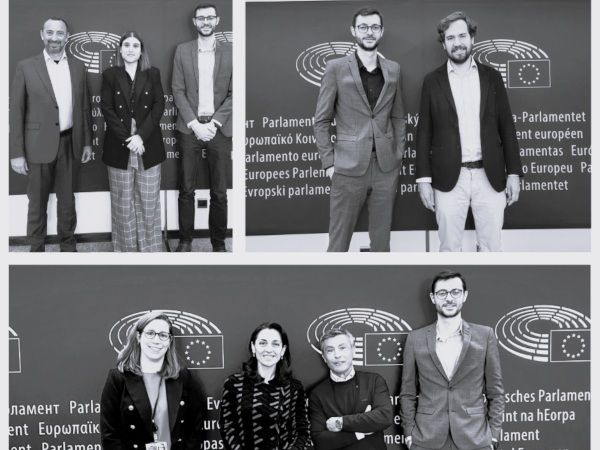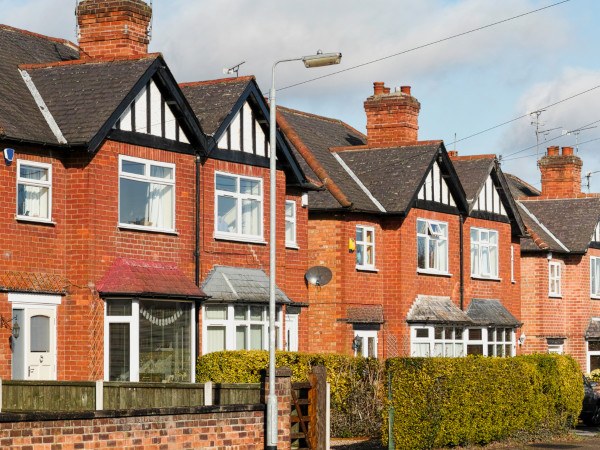
Date: 6 June 2025
The new European Commission has made tackling the current housing crisis a priority. The institution expects to adopt a European Affordable Housing Plan, as well as a Strategy for Housing Construction in early 2026. In parallel, the European Parliament has set-up a one-year Special Committee on the Housing Crisis to make recommendations of its own.
Glass for Europe has reached out to policymakers involved to emphasise the essential role that high-performance glazing solutions can play in improving the efficiency and overall quality of buildings. Through these conversations, the Secretariat has been advocating for measures to address the long-term operational costs of buildings which directly impact citizens’ disposable income.
Meetings with Members of the European Parliament, including the Special Committee Chair, Ms Irene Tinagli (S&D, IT) and rapporteur Borja Giménez Larraz (EPP, ES), were the opportunity to emphasise that tackling the housing crisis cannot be decoupled from the need to decarbonise and modernise the EU building stock. In this regard, high-performance glazing is not just a luxury but a necessity for making homes more comfortable, resilient, and affordable to live in.
The key role of construction products was also raised during the exchange organised by Construction Products Europe with Matthew Baldwin who leads the European Commission’s Task Force and his colleague Lucía Caudet. They both showed commitment to ensuring that the role of efficient products and the need to boost demand would be recognised in the upcoming plan. Mr Baldwin and Ms Caudet also invited stakeholders to make ambitious and bold proposal as part of the European Commission’s consultation process.
Glass for Europe contributed to the Call for Evidence and recommended to:
- Carefully analyse the causes of the rise in housing prices and provide data to substantiate the proposed measured
- Integrate glazing and windows replacement in the European Affordable Housing Plan and the Strategy for Housing Construction
- Ensure regulatory stability and swift implementation of buildings related legislations (EPBD, EED, CPR)
- Simplify access to EU funding and design schemes that support reducing the operational costs of buildings
The full contribution is available here.
Looking ahead, Glass for Europe will continue to collaborate with EU institutions and stakeholders to promote a holistic approach to the housing crisis, one that recognises the synergy between, affordability, efficiency and sustainability.
 600450
600450







Add new comment